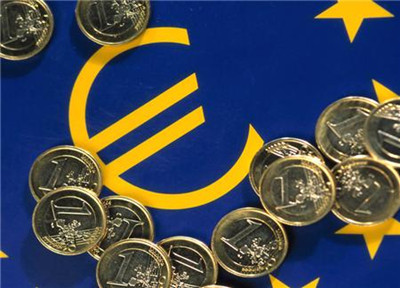The euro-zone economy

The setback may reflect some temporary factors, as workers took extra time off after public holidays. German output was also depressed by a fall in construction, some of which had been brought forward to the first quarter thanks to warm weather. This effect should also be temporary. However, the tensions between Europe and Russia over Ukraine and the resulting sanctions may adversely affect German growth in the coming months.











